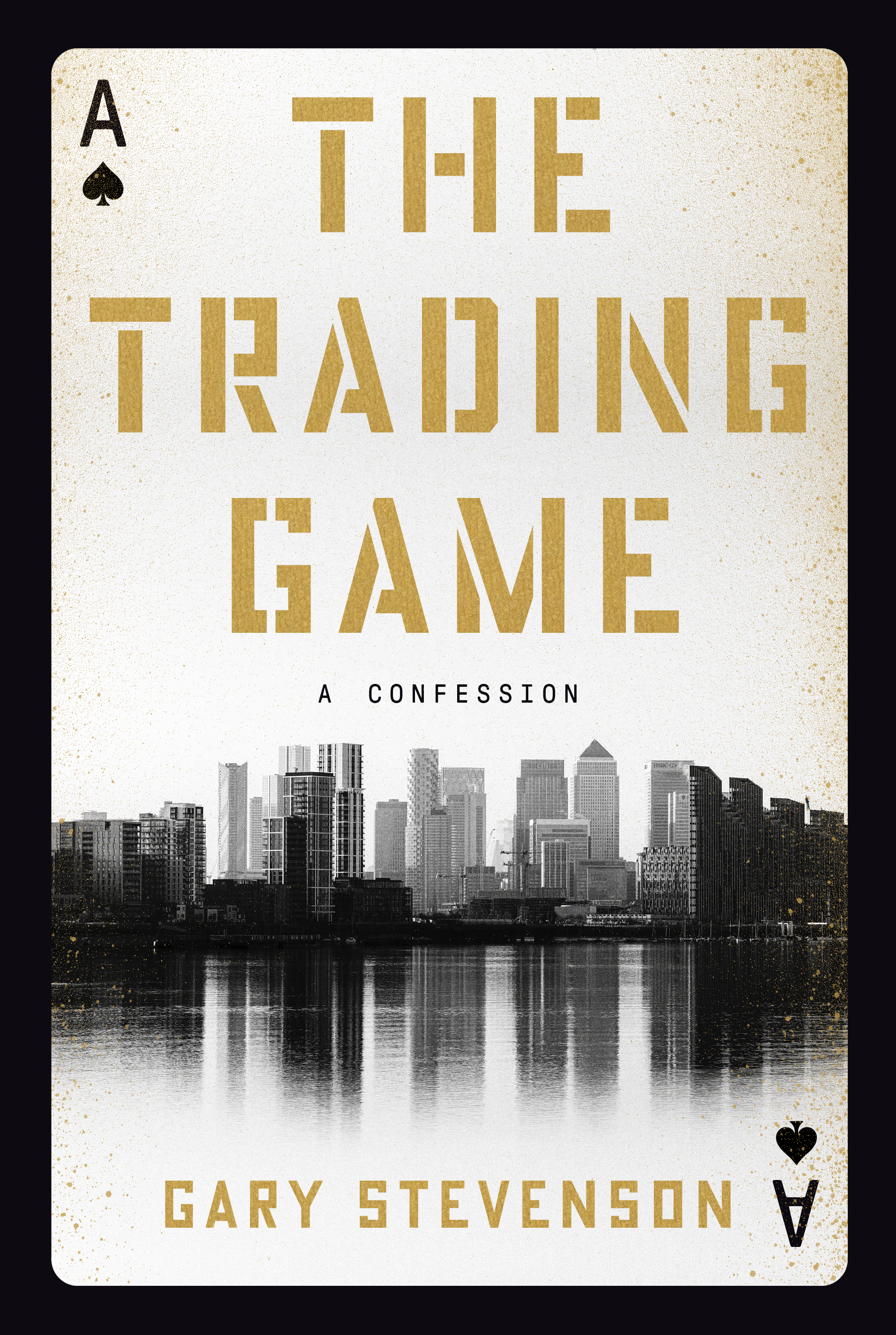
The Trading Game: A Confession
Gary Stevenson
About the Author

Gary Stevenson
Questions & Answers
The book explores the profound impact of individual traders' decisions and risk-taking on the broader financial market, especially during the 2008 financial crisis. It illustrates how traders' actions, driven by greed and the desire for profit, can lead to systemic risks. The author, through personal experiences, shows how traders like himself and others at Citibank engaged in high-risk trades, such as lending dollars at high rates and betting on the global economy's collapse, which contributed to the crisis. The book also highlights the interconnectedness of traders' actions, as their decisions influenced the market's stability and the global economy. The author's journey from a young trader to a significant player in the market underscores the power of individual traders in shaping financial outcomes, both positively and negatively.
The book explores the power dynamics within the banking industry through the lens of a young trader's experiences. It illustrates how traders, despite their expertise, are often pawns in a larger game, with managers and the banking system wielding disproportionate power. The narrative shows traders making significant profits while being at the mercy of managers who can dictate their bonuses and futures. Ethical considerations arise from the fact that traders are incentivized to take excessive risks for personal gain, often at the expense of the broader financial system and society. The book also highlights the lack of accountability, as traders can manipulate spreads and engage in insider trading without facing repercussions, suggesting a system where the ends justify the means. The power imbalance is further compounded by the bank's ability to dictate the terms of departure, as seen in the protagonist's experience, raising questions about the morality of the banking system's operations.
The book vividly illustrates Gary's journey through the volatile world of trading, emphasizing the importance of learning from mistakes and adapting strategies. His initial success is built on a combination of natural talent and hard work, but it's his ability to learn from failures that propels him to the top. For instance, after a massive loss due to negative interest rates, Gary reflects on his actions and concludes that the right trade isn't enough; one must also survive. This realization leads to the adoption of a new rule: "Be right in the end. Be alive at the end." He also learns from his mentor, Bill, that understanding the broader economic context is crucial, which he applies when analyzing the global economic situation. Gary's journey shows that resilience, continuous learning, and the willingness to adapt are key to thriving in the unpredictable world of trading.
The book explores the interconnectedness of global economic events and their impact on personal lives through the lens of the protagonist's experiences in the financial industry. It illustrates how macroeconomic events, such as the 2008 financial crisis and the earthquake in Japan, have profound effects on the financial markets and, consequently, on the lives of individuals. The protagonist's journey from a young intern to a top trader highlights the direct correlation between market fluctuations and personal wealth, illustrating the vulnerability of individuals to global economic shifts. The book also shows how these events influence the protagonist's relationships, career choices, and personal growth, emphasizing the complex interplay between global economics and individual lives.
Throughout the story, Gary's journey as a trader is significantly shaped by the mentorship and networking he engages in. The book emphasizes the crucial role of mentors like Bill and Caleb, who provide guidance, share their experiences, and impart wisdom that Gary uses to navigate the trading world. Mentorship is pivotal in helping Gary understand the intricacies of trading, manage risks, and develop a strong work ethic.
Networking is also highlighted as a key factor in Gary's success. By connecting with various individuals, including brokers and colleagues, Gary gains valuable insights and opportunities. He learns the importance of building relationships both within and outside the trading floor, which aids in his career advancement.
Lessons about building professional relationships include:
- Seek out mentors who can provide valuable insights and guidance.
- Be open to learning from others' experiences and mistakes.
- Build a strong network by connecting with a diverse group of professionals.
- Maintain integrity and honesty in all interactions.
- Be willing to adapt and learn throughout one's career.